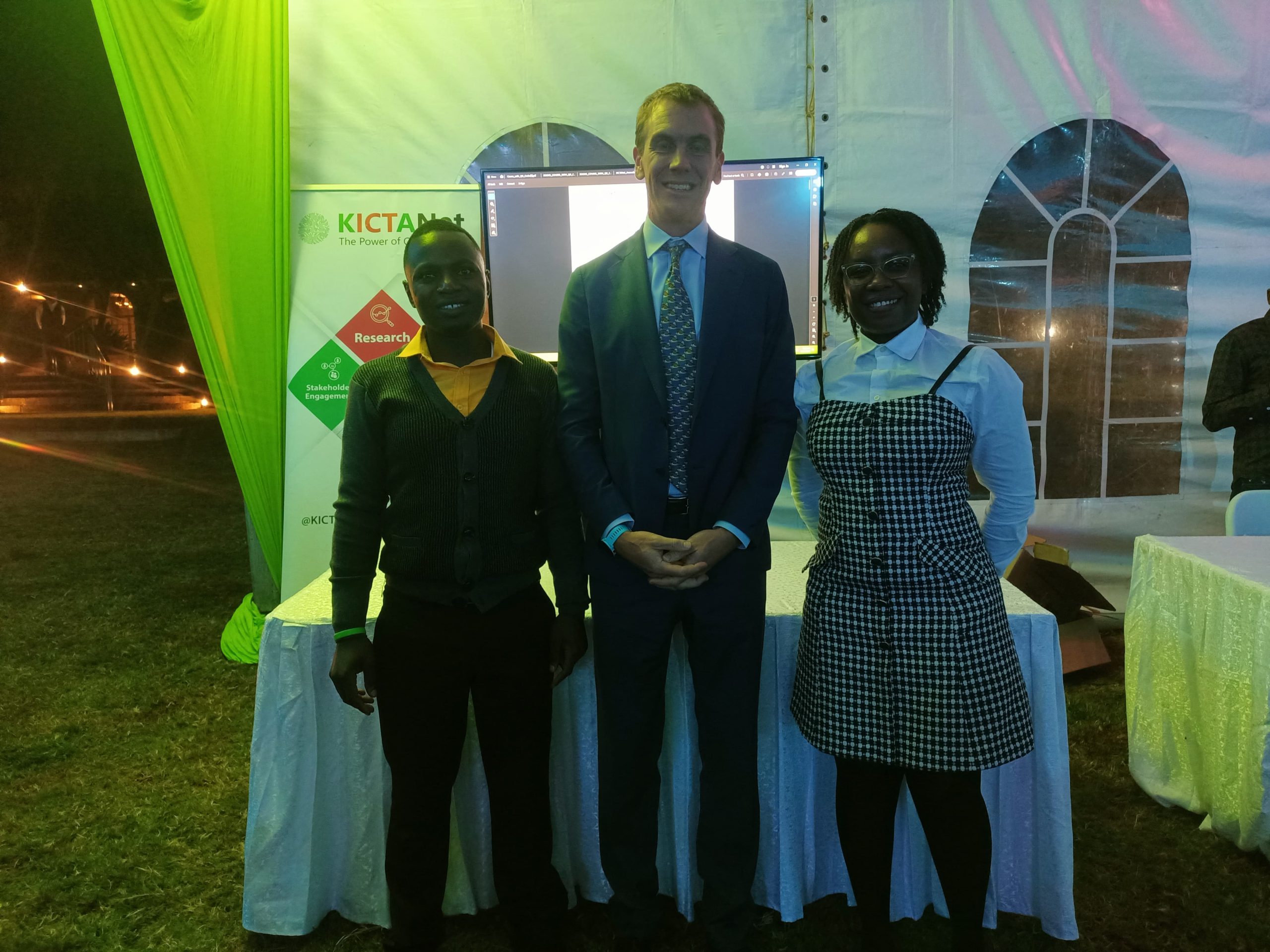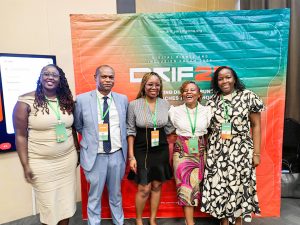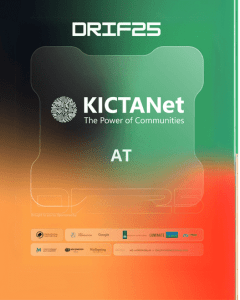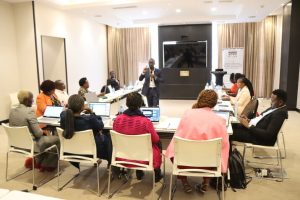The International Day of Persons with Disabilities (IDPD) in Nairobi was a powerful gathering, celebrating progress and renewing commitments to inclusion. Leaders, advocates, stakeholders, and persons with disabilities discussed how innovation, policy, and technology are shaping a more inclusive future. This year’s event emphasized digital inclusion and accessibility, showcasing Kenya’s strides in creating equitable opportunities for persons with disabilities (PWDs).
Daily Inclusion: A Shared Responsibility
Opening the event, the Deputy British High Commissioner, Dr. Ed Barnett MBE, reminded participants of the importance of inclusion as a daily practice. He stated, “Including people with disabilities is not just the right thing to do—it builds healthier and more equitable societies.”
Mercy Wanjau, Secretary to the Cabinet, echoed these sentiments. She called for bold steps toward an inclusive and sustainable future, emphasizing that PWDs should not only benefit from but actively shape policies and innovations. “Disability is not a limitation; it is a call to innovate, a call to lead,” she said.
Bridging the Accessibility Gap
One of the event’s key highlights was the focus on digital inclusion. Technology offers unprecedented opportunities for empowerment, but these are only meaningful if accessible to all. Kenya is setting the pace with significant advancements in digital accessibility, including the development of the Kenya ICT Accessibility Standard (Kenya Standard 2952-1:2022). As the first of its kind in Africa, this standard ensures digital services cater to the needs of everyone, particularly PWDs.
KICTANet is the lead partner in implementing the Strengthening Digital Communities (SDC) project funded by the UK government under the Digital Access Program (UK-DAP). KICTANet is training 10,000 young people to cascade digital literacy skills to 500,000 citizens by 2027. These initiatives ensure that marginalized groups, including PWDs, can participate fully in Kenya’s digital economy and society.
Addressing Intersectional Challenges
The event also intersected with the 16 Days of Activism Against Gender-Based Violence. Speakers and guests brought attention to the alarming link between harmful practices like female genital mutilation (FGM) and disability. KICTANet is also running an online campaign on its social media platforms to highlight the reality of violence committed against women with the aid of technology, also known as technology-facilitated gender-based violence.
A Collective Call to Action
This year’s IDPD was a celebration of progress and a call to action. Through innovative policies, digital access, and education, Kenya is leading the way toward a more inclusive society. As these efforts continue, they set a compelling example of how to empower all citizens, ensuring that no one is left behind.
As the secretary to the cabinet, Ms. Wanjau said, “The digital future we build must include everyone.”
![]()




